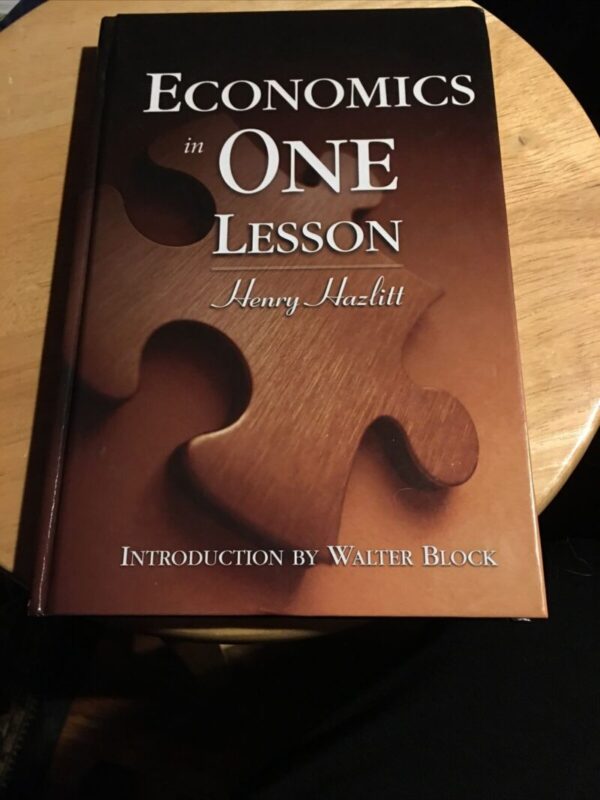America’s relationship with Taiwan has waxed and waned since 1949, when Nationalist forces fled there following defeat by the Communists on mainland China in a lengthy and bloody civil war.

Following this disastrous defeat and retreat, the US provided the security umbrella and economic incentives that helped propel the Taiwan into one of Asia’s leading economic “Tigers”. Taipei, in turn, supported US foreign policy and military policies. In recent years, however, a number of factors have caused that once-close relationship to drift. Some analysts say that actions by Taiwan and the US have placed Taiwan on a trajectory towards absorption by the PRC.
As one analyst noted, “Taipei is doing more damage to its own ability to deter mainland coercion and military attack than any weapon the People’s Liberation Army could conceive. This damage represents a serious threat to Taiwan’s national security, and by extension to the national security of the U.S. and Japan.” And the U.S., for its part, appears increasingly ready to sacrifice its national security and regional stability–and its fundamental beliefs as a nation–by refusing to reverse this drift.
David Day hosts this illuminating conversation with Kerry Gershaneck, a former US government official previously responsible for both “front line defense” of Taiwan and for developing key security cooperation programs with its military forces.





